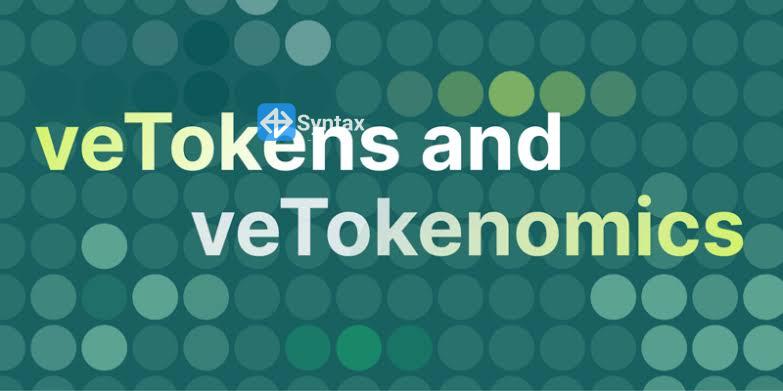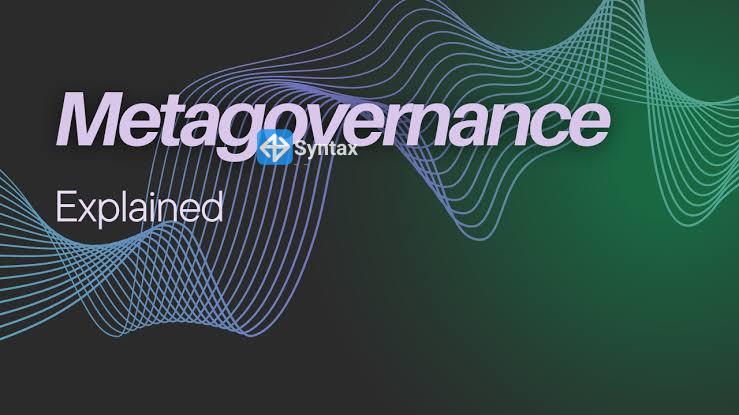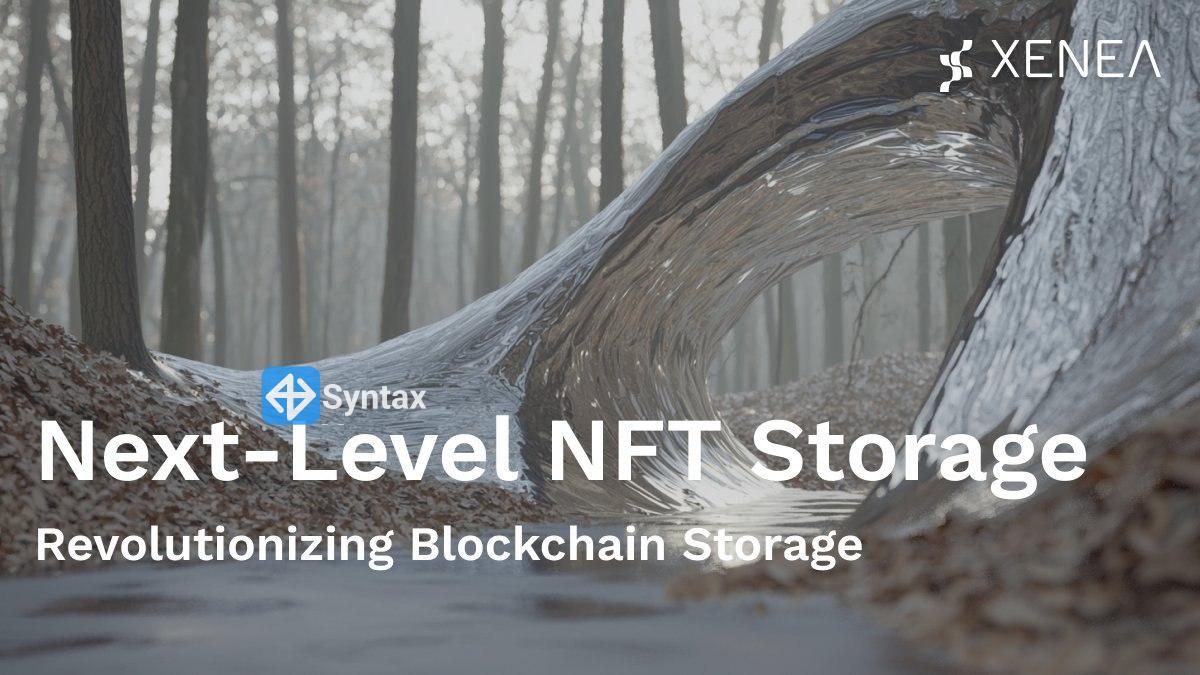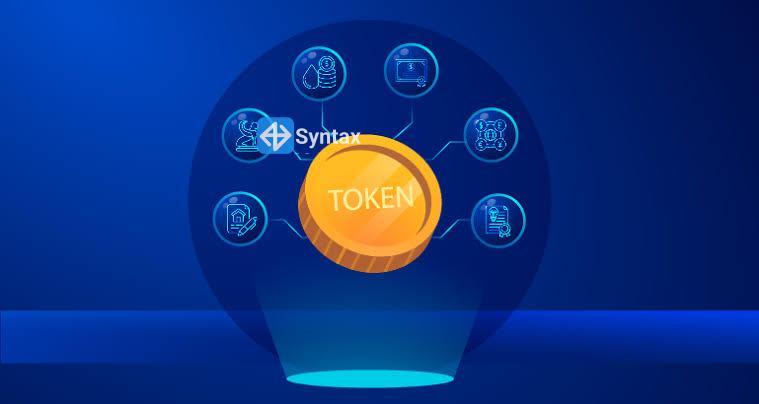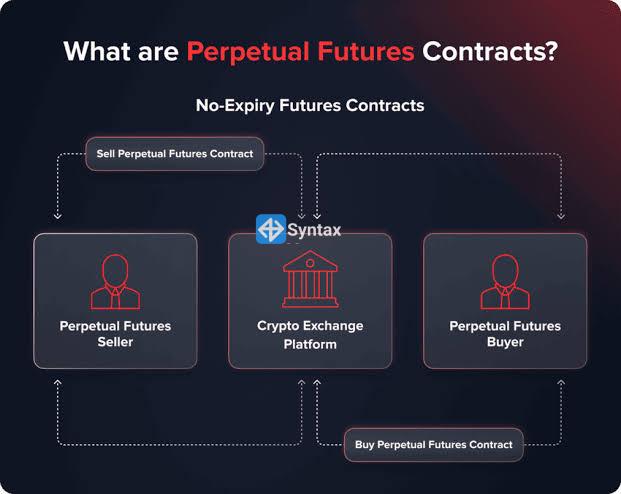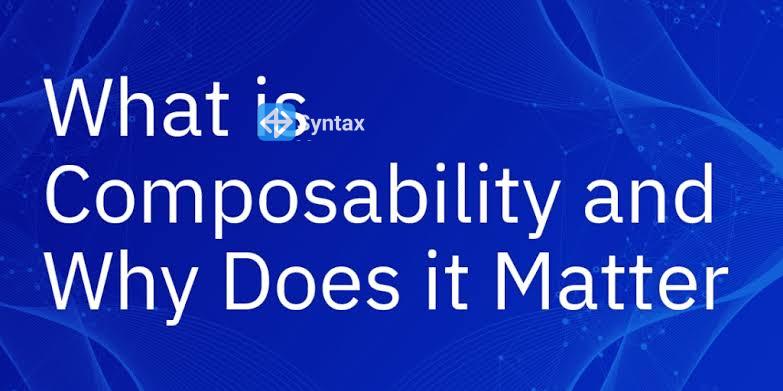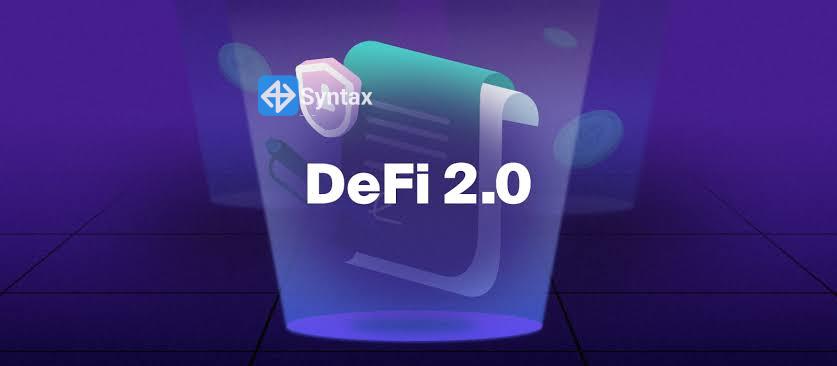The internet as we know it is undergoing a transformation, and one of the cornerstones of this evolution is the emergence of decentralized domain name systems. At the forefront of this movement is ENS, the Ethereum Name Service. But what exactly is ENS, how does it work, and why is it considered an essential part of the Web3 ecosystem?
Let’s break it down.
What is ENS?
ENS (Ethereum Name Service) is a decentralized domain name system built on the Ethereum blockchain. Just like traditional DNS converts IP addresses into readable website names (like google.com), ENS maps long Ethereum wallet addresses (e.g., 0xabc123...) to easy-to-read names such as yourname.eth.
Instead of remembering complex wallet addresses, users can simply use an ENS name to receive cryptocurrency, NFTs, or interact with smart contracts. It’s a user-friendly layer that helps bring blockchain-based applications closer to everyday internet use.
How ENS Works
ENS uses smart contracts on the Ethereum blockchain to manage domain registration, ownership, and resolution. When a user registers a name like mywallet.eth, the ENS system links it to an Ethereum address or other data such as decentralized websites or content hosted on IPFS.
Every .eth name is represented as a non-fungible token (NFT), meaning users have full ownership of their names and can trade or transfer them like any digital asset.
Key Features of ENS
- Human-Readable Addresses: Replace long wallet addresses with easy-to-remember names.
- Ownership as NFTs: ENS domains are ERC-721 tokens, offering full user ownership.
- Decentralized Infrastructure: Built on Ethereum, meaning no central authority controls the system.
- Multi-Chain Support: ENS can also store other addresses (like Bitcoin, Litecoin, etc.), not just Ethereum.
Why ENS Matters for Web3
Web3 is all about decentralization, privacy, and user ownership. ENS fits this vision perfectly by offering a naming system that isn’t controlled by a single entity like ICANN (used in traditional DNS). It allows for censorship-resistant websites, decentralized identities, and seamless crypto interactions, all with names people can actually remember.
Challenges Ahead
Despite its potential, ENS still faces some limitations:
- Adoption Barriers: Not yet supported natively in mainstream browsers.
- Education: Many users are still unfamiliar with how to use or register ENS domains.
- Fragmentation: Competing Web3 domain providers (like Unstoppable Domains) can cause confusion.
As Web3 continues to grow, expect ENS and similar services to play a much larger role in how we connect, transact, and navigate online.



